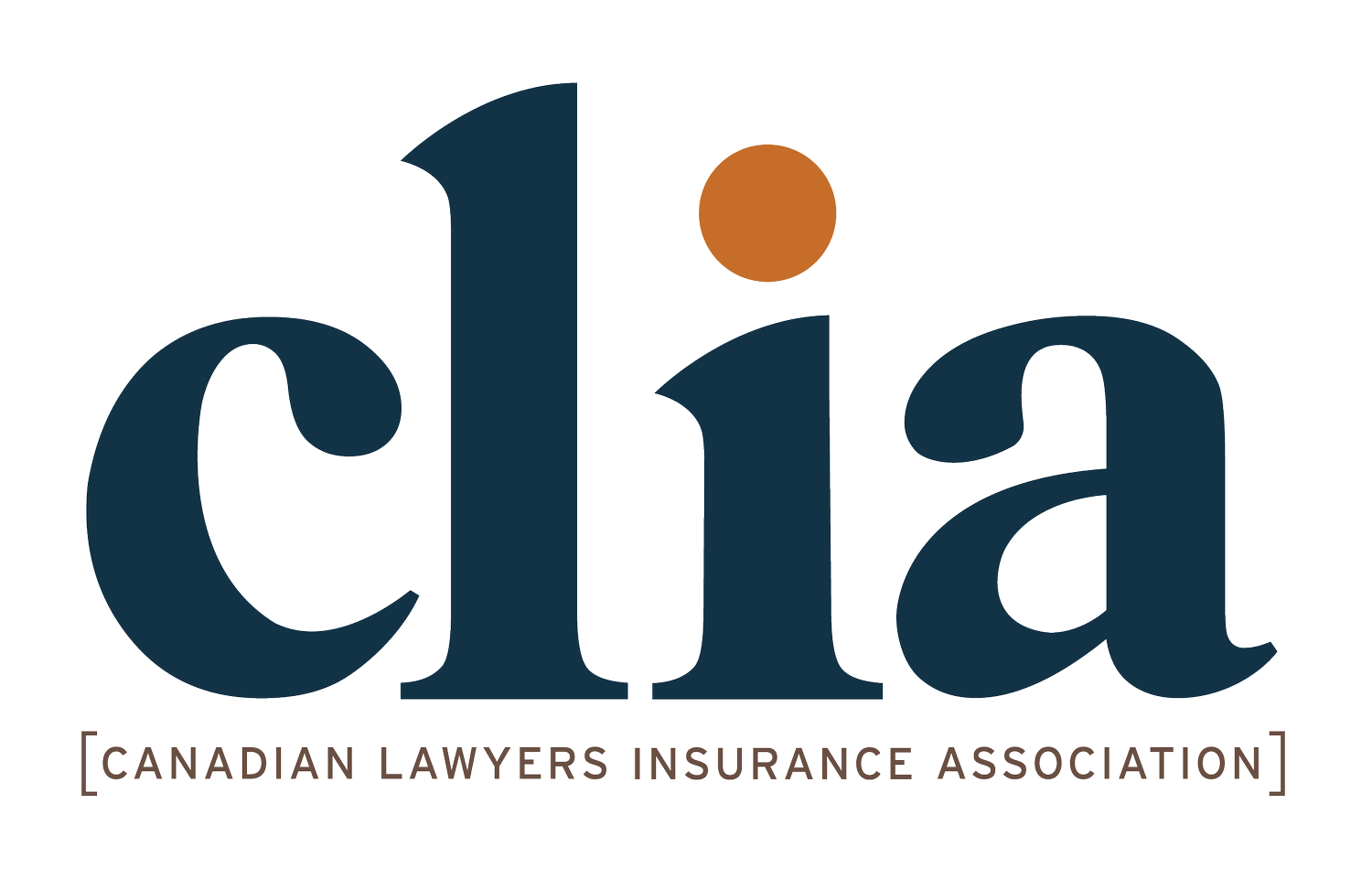From the Vault: CLIA Loss Prevention Bulletin #208: Malpractice Avoidance – Some Friendly Reminders
For over ten years, CLIA produced more than 70 articles for our Loss Prevention Bulletin. While discontinued in 2016, the advice shared in some of these articles is timeless and still of value. We’re curating those articles to bring you our ‘From the Vault’ series, starting with the article below from 2012.
At the spring 2012 American Bar Association Standing Committee on Lawyers’ Professional Liability National Legal Malpractice Conference, Ronald C. Minkoff, Laura Frankel, Richard A. Simpson and Robert H. Moses presented a session on professional liability claims arising out of a family law practice. Their presentation included a Top Ten list of reasons why family lawyers are sued. As you review that list, I’m sure you’ll agree that most are equally applicable to lawyers in many other areas of litigation practice.
Their top 10 reasons (in no particular order) are:
Client emotion
Clients who are emotionally invested in the issues under litigation are more likely to be dissatisfied with the results achieved by their counsel, regardless whether or not, objectively, a win was achieved. Being alert to your client’s degree of emotional involvement in the matter and taking proactive steps to help your client resolve or otherwise deal with those issues may help to prevent or avoid claims made by unhappy, blame-shifting clients.
Failure to undertake adequate or appropriate pre-trial processes and investigations
Complex legal and factual issues demand that lawyers are thorough and diligent in requesting and obtaining financial information, in undertaking discovery processes and protecting a client’s assets and position. Always ensure you have taken all necessary steps to gather evidence within the scope of your client’s budget and your instructions are clear if your client has declined to follow your advice in this regard.
Client’s perception that settlement is inadequate
This is related to the first point. Where there is emotional investment in the issues and the outcomes, achieving a settlement that the client perceives as satisfactory, especially with the benefit of hindsight, is particularly difficult. For this reason, settlement discussions with your client should be well-documented and instructions obtained or confirmed in writing.
Failure to retain necessary experts
This is a strategic decision but may include budgetary considerations. If expert evidence is needed to make your case, make sure that you have fully discussed this with your client and have clear and well-documented instructions as to whether or not to retain any experts required.
Fee disputes
Fee disputes are frequently a precursor to a malpractice claim. Get the terms of your retainer in writing. Bill regularly so there are no surprises when the file closes. Keep the lines of communication open with your client on fee issues. And think twice before suing for unpaid fees, as a malpractice claim is frequently filed as a counter-claim.
Client confusion regarding fee-shifting issues
In domestic files in particular, the parties may have reached agreement as to who is responsible for payment of legal fees and/or disbursements. In any file, such agreements need to be clearly documented so as to avoid confusion about who is responsible to pay what. Essentially, this is a communications issue and therefore, easily avoided.
Withdrawal of services
This is an issue that arises where it may be unclear when the retainer ends or where a lawyer seeks to withdraw because of some conduct of the client, or a client’s failure to meet obligations under the retainer agreement. To avoid this scenario, scope of services to be provided should be clearly set out in a written retainer agreement. Withdrawal of counsel in the course of litigation is subject to provisions of the applicable Professional Code of Conduct, as well as the direction of the Court, in many cases. While there are circumstances where it will be necessary to withdraw services, where possible, other options should be considered.
Failure to properly draft prenuptial, separation and other key agreements
Malpractice claims based on poorly drafted agreements can occur in any area of practice. These may be the result of a lack of knowledge of the subject area, over-reliance on precedents, poor editing or any number of factors. These are claims based upon errors made by lawyers or their staff and stress the need for a diligent approach to document preparation and review.
Multi-jurisdictional issues/choice of law
As clients and legal practices become increasingly mobile, jurisdictional issues become more common. If you’re exercising your mobility rights within Canada, ensure that you are aware of the relevant law and procedure in any jurisdiction where you don’t normally practice. Consider seeking the assistance and advice of a local agent. If the parties to your transaction or claim are in different provinces or countries, ensure that you’ve addressed your mind to issues of jurisdiction and choice of law whether in terms of determining where to bring a claim or enforce a judgment or settle a dispute should it arise in the future.
Poor communication
Many of the risk factors noted above relate in some way to this one. Poor communication is one of the most frequent bases for complaints to law societies about lawyer conduct, and similarly, is frequently the root cause for malpractice claims. Though most lawyers view themselves as skilled communicators, clients often disagree. Communication issues can include failure to respond to emails or phone messages, failing to properly explain legal terms and opinions and failing to document (and follow) client instructions.
Based on materials presented in the session “Til Death Do Us Part: Representing an Attorney in a Matrimonial Matter”, April 19, 2012, American Bar Association National Legal Malpractice Conference

